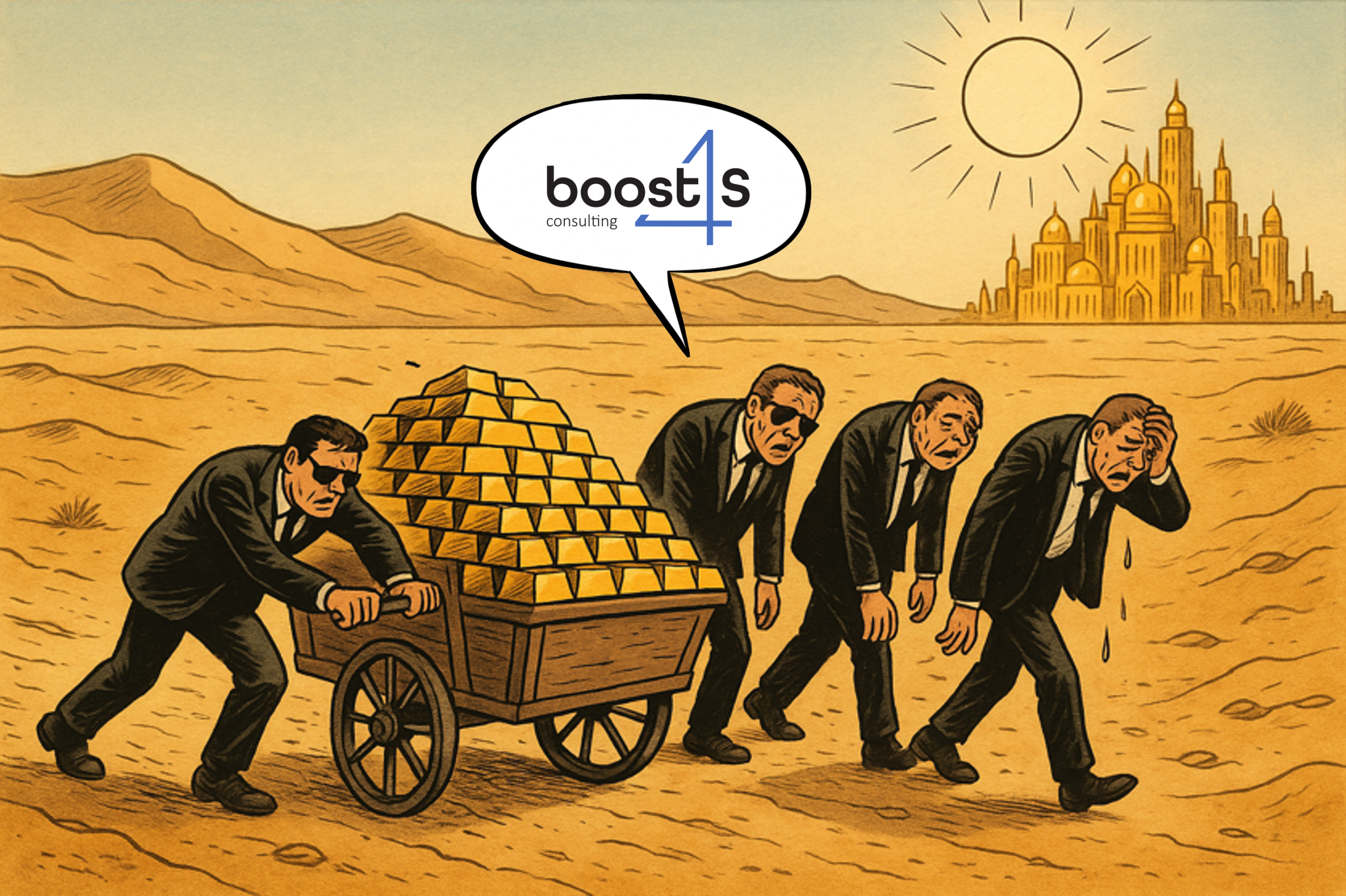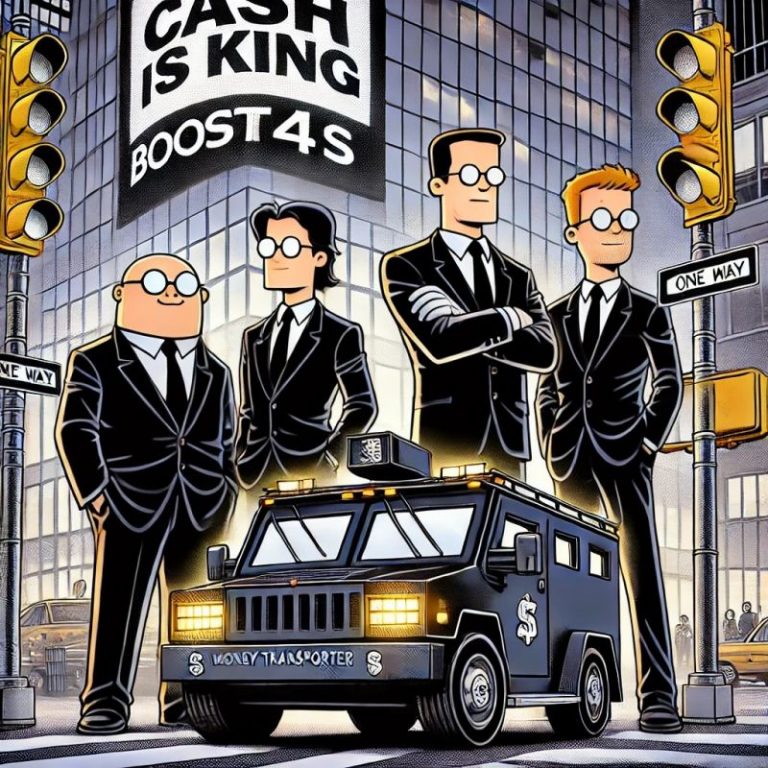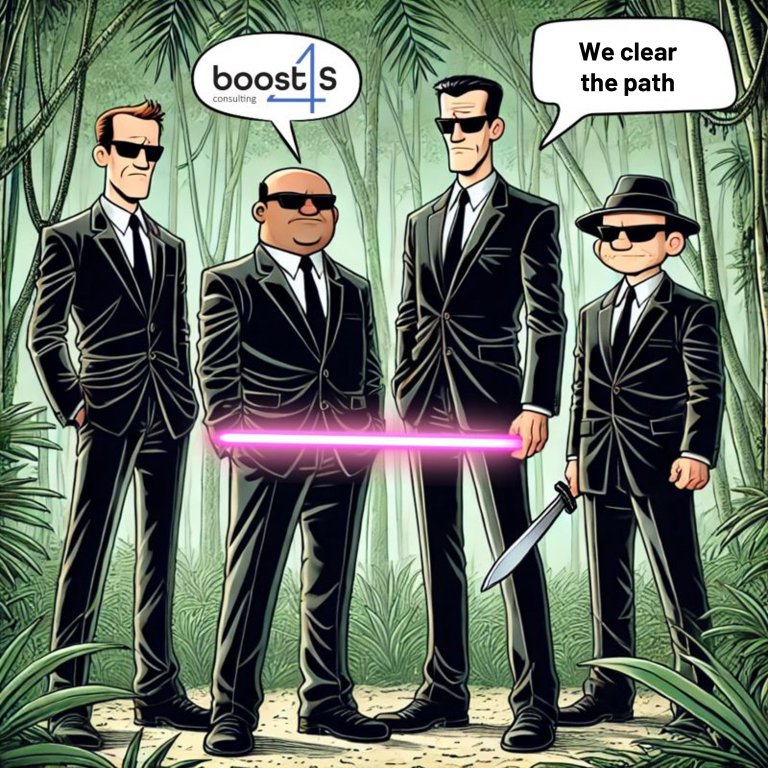Between vision and burnout: Workload as a founder in a start-up
The reality for many founders is a 70-hour week, no weekends, no real breaks, and a feeling of never having enough time for all the tasks.
Starting a business is no walk in the park. Anyone who has built a start-up knows the appeal: the freedom, the responsibility, and the opportunity to create something of your own. But often, the initial euphoria turns into constant stress – with long working days (we’re not talking about 4-day weeks and 30 hours), sleepless nights, and constant inner turmoil. And typically, family additions enlarge the overall load…
Our top 3 reasons for this state of mind:
1. Everything (feels like) depends on you
In the early stages, the founder is often the developer, product manager, salesperson, HR manager, accountant, and CEO all rolled into one. There are no clear structures, no routines, but high expectations from customers, investors, and the team
2. Psychological pressure
You = your company. Success and failure feel very personal. In addition, many founders idealize overtime as a sign of dedication. But constant stress is not a sign of quality, it’s a risk!
3. Unclear boundaries in work-life balance
Home office, flexible working hours, digital tools: the line between work and private life is blurred. Your cell phone is always on – and unfortunately, so is your mind
Chronic stress (sleep problems, concentration problems/exhaustion, depression/burnout) can quickly affect the team in addition to posing a health risk. Stress and exhaustion rapidly lead to irritability and a short fuse. Over time, it jeopardizes long-term success, and you lose sight of what is essential: vision, strategy, focus, and team.
Special situations should not become a permanent state! Even if you believe that you draw strength and positive energy from constantly performing at 120%, it is an exhausting struggle. A good indicator: you go on vacation feeling fit and well, and after 1-2 days you get sick. Your body shuts down and needs a restart – goodbye vacation.
1. Structures reduce stress:
Start-ups love flexibility. However, structures also create clarity and responsibilities; processes define procedures and responsibilities
2. Distinguish between important, urgent, and important & urgent
Not every opportunity is a chance. Therefore, following General Eisenhower’s advice, work on what is important and urgent
3. From DIY to delegating
Delegating is not a sign of weakness, but of trust and appreciation for the expertise of team members
4. Take recovery seriously
An empty battery does not recharge itself: breaks, exercise, sleep, and social contact are not luxuries, but basic needs
5. Say “no”
Hustle does not equal success. It is okay to say “no,” and it helps keep the company on track
Starting a business is a marathon, not a sprint!




